As we remember from our childhood and adolescence, peer influence plays an important role in our understanding of who we are. This self-evaluation of our worth is the primary foundation of our self-esteem. Self-esteem is the central component of personality and identity; it is the evaluation of a person's self-acceptance. During elementary and middle school years, healthy self-esteem is built through a positive relationship with parents, educators, and peers. Support and encouragement are central needs for growing students. During adolescence, changes in identity become more noticeable. Many adolescents find themselves questioning and asking why things are a certain way, what the meaning of existence is, why is the person on this earth, what is their purpose?
What is Peer Pressure? During middle and secondary school years, students begin to form their individual identity. They begin to establish their own personality. As a natural result of expanding knowledge and understanding, students begin to look for acceptance and recognition from their friends and peers, called reference groups. When a student's self-esteem is being formed, these groups are what they use to answer questions about themselves.
Reference Groups have the biggest influence on students, because what students are trying to do is fit into a group and form self-identity at the same time. This dual task involves continually modifying and validating their self-worth through interactions with peers. As a result, self-esteem forms as a direct function of both positive and negative past, present, and future experiences.
What are the dangers of negative peer pressure? Negative peer pressure is defined as pressure exerted by peers to make students do something they do not want to do. It is vitally important that students learn to deal with negative peer pressure. The wrong kind of pressure can push a student into actions that are criminal, violent, and even deadly. Yet, how can students withstand such pressure, feel accepted by their peers, and maintain positive self-esteem?
Educators play a vital role in teaching students to make wise choices, and maintain their individuality by following the path to positive consequences. Students can learn that they are in control and that they have the power to resist. Support and guidance from teachers reduces the likelihood of students allowing negative peer pressure to influence their thoughts, words, behavior, and self-esteem.
Thought-provoking discussions in class can involve many exercises:
Help students identify scenarios, which illustrate negative peer pressure. These can be photographs and sketches from newspapers and magazines. Ask students to make a bulletin board or chart of these illustrations. More can be added as "Negative Peer Pressure - No Thank You!" posters.
Teachers can help students identify skills needed to resist negative peer pressure:
What is the situation involving negative peer pressure?
What happened that made a student give in to negative peer pressure?
What happened that made a student withstand and resist such pressure?
What can a student do to become more resilient in such instances?
Who are some adults the student can talk to?
Help the students identify their individual support systems.
Teachers can use some Key Words to reinforce evaluating such circumstances.
Decide
Feeling
Assure
Explain
You
Everyone
Self-respect
Problem
Positive
Important
Why
Humor
Negative
Friends
Violence
Correct
Intelligence
Nervous
Activity
Self-esteem
Students - What Would You Do?
If someone asked you to help them cheat on an exam, what would you say?
If someone asked you to help them steal something from a store, what would you say?
If someone asked you to help them hide drugs in your backpack or house, what would you say?
If someone asked you to help them hurt someone else, either physically or verbally, what would you say?
If some friends asked you to spread rumors and gossip about someone, what would you say?
If someone asked you to exclude a friend from playing with you, what would you say?
Self-Evaluation Questions:
Why did you say that?
Why is it a good / bad idea?
Is it something you really want to do?
Could it get you into trouble?
Will it disrupt other people?
Why do you want to bother other people?
Do you want to be known as a criminal or delinquent?
Who has more power and control? YOU, by saying "NO", or someone who doesn't want to, but agrees anyway?
In answering these questions, students can write short 'success' stories about how they would resist such negative peer pressure.
Professional Consultations: Educators need a great deal of support in school management and working with students' issues. To help students, educators can consult with Outreach Concern On-Campus Counselors at any time - they have many resources on this issue. Outreach Concern research consistently indicates a significant positive correlation between receiving school counseling and elevated success in areas of academic performance, behavior, conduct, effort, and social skills. Outreach Concern On-Campus Counselors can provide your students and their families with techniques, coping mechanisms, behavior management, learning tasks, and individual support in their academic and emotional needs.
Information has been compiled from various educational and counseling resources
